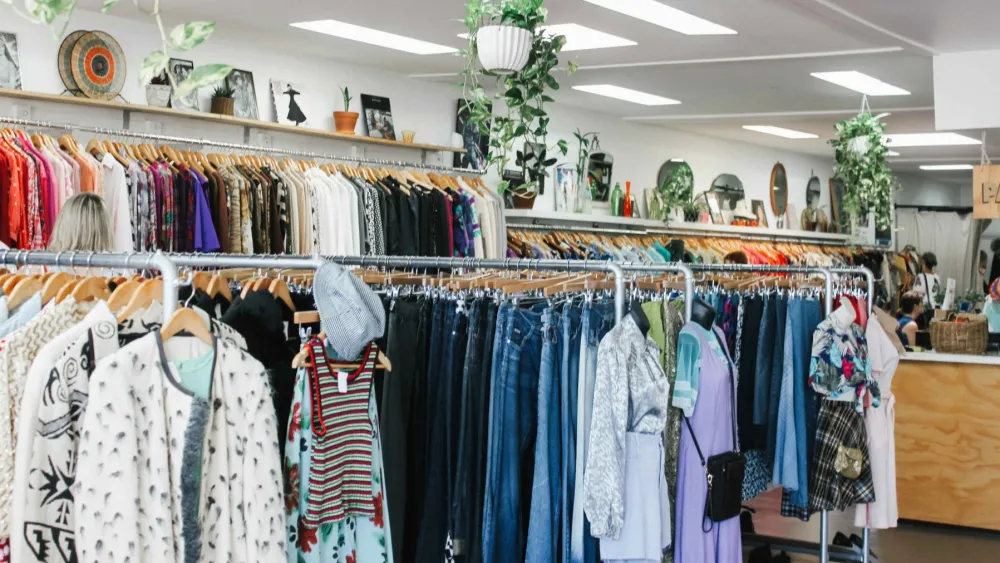Fast fashion spurs abuse risk for informal women employees
Garment industry is plagued by gender-based violence and harassment.
In the fast-paced world of fast fashion, the demand for quick production has led to an increased risk of abuse for informal women employees in the garment industry, making it a core issue at the workplace.
Anannya Bhattacharjee, International Coordinator for Asia Floor Wage Alliance (AFWA), described how such violence begins with behaviors like gender bullying and can escalate to verbal, physical, and sexual violence. She said that these actions are often supported by factory-wide practices that promote such behaviour, including the hiring of predominantly male supervisors and not promoting female workers.
The lack of formal contracts or employment terms significantly contributes to this vulnerability. "Informality leverages the vulnerability of workers, exploiting their fear and subordination for coercive employment practices," Bhattacharjee explained. This informal employment status, lacking legal or enforceable contracts, leaves women particularly exposed to exploitation and abuse.
According to the International Labour Organization’s (ILO) Convention 190 against violence in the workplace, economic harm, including wage theft, is recognized as a form of gender-based violence and harassment. "There is a tacit approval, if not encouragement, of gender disciplining practices on the shop floor by higher management," said Bhattacharjee.
Bhattacharjee also noted the critical impact of gender-based violence on mental health, reinforcing the need for drastic changes in the industry. She argued that the responsibility lies primarily with global brands, which set the terms of production and influence the business models of suppliers. "Brands need to change their business models to promote and ensure human rights," she asserted, calling for a more humane approach to labour relations in the global fashion industry.



















 Advertise
Advertise






Commentary
The festive season is a revenue moment – don't let friction or fraud derail it